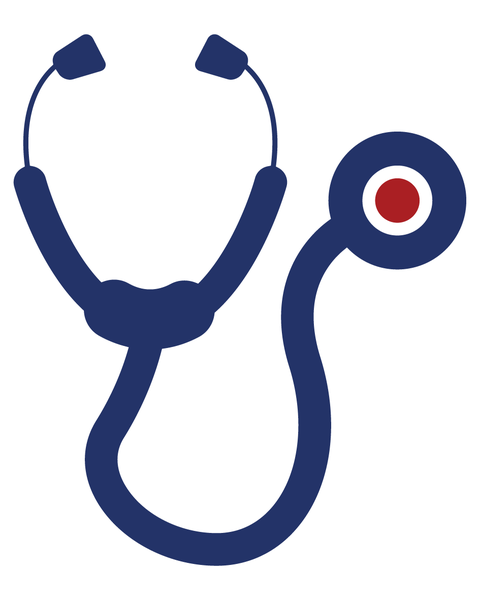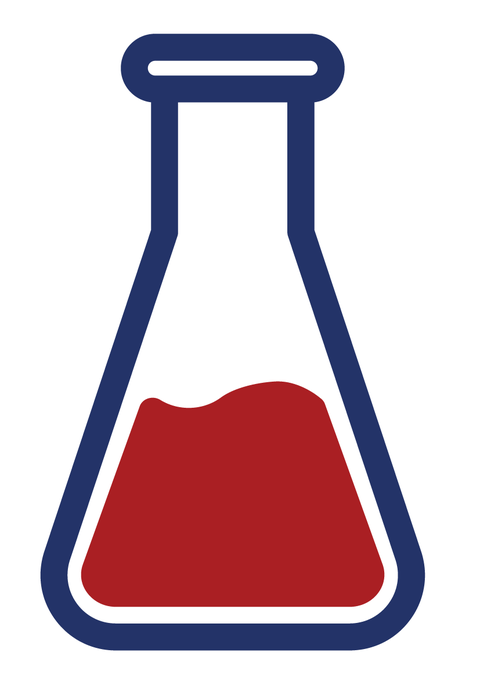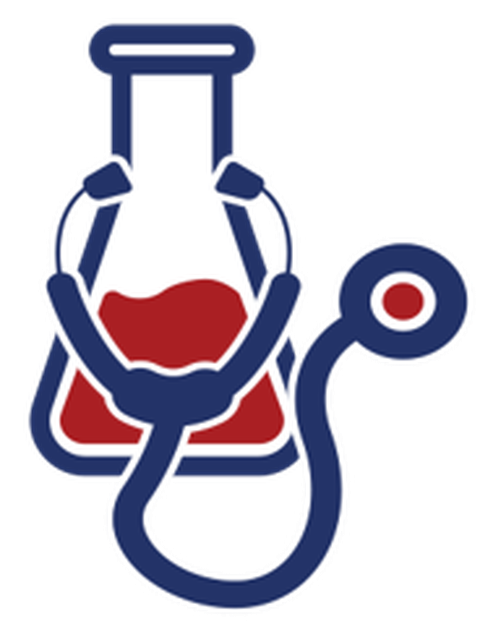Funding program
The MSNZ Dresden is a funding program for advanced clinician scientists and medical scientists in the field of precision oncology. We want to strengthen translational cancer research with flexible, individual funding models for clinicians and scientists. Therefore, research group leaders are financially supported for an initial funding period of 36 months to set up their own research group. It is also possible for clinician and medical scientist to join forces in tandems.
The funding program is aimed at clinician scientists in the field of oncology who are in their advanced specialist training or who have recently completed it. With flexible, personalized (part-time) models, we want to enable our fellows to combine science and clinics and thus accompany them on their way to their habilitation or to setting up their own research group. The MSNZ finances the establishment of their independent group, the own position, a PhD position, a technical assistance, as well as consumption and travel costs for 36 months. The funding period is divided into a 6-month preparatory phase, a 24-month project phase and a 6-month consolidation phase. During the initial and final phases, clinical and research activities can be flexibly combined. In order to stay connected to the clinic, clinical services and consolidation hours can be provided. Fellows are supported and advised by appropriate mentoring.
The program supports medical scientists in order to get basic scientists into closer contact with clinical exigencies. The offer includes financing of the own position, a PhD position, a technical assistant position as well as material and travel expenses for an initial period of 36 months. As MSNZ fellows, they also receive individual mentoring, scientific support and the opportunity to benefit from an extensive curriculum and cross-campus networking.
Medical and clinician scientists can work on cooperative research projects and join forces in tandem projects or tandem teams. The formation of a tandem team within the program enables fellows with the same research focus to plan flexible times in the clinic and laboratory. Tandem projects are also supported. Thus, researchers with a different research focus can establish a joint project to break new ground in oncological research.
The MSNZ will create a framework program to enable translational research under optimal conditions. Thus, the MSNZ team is available for scientific (support in publications, talks, etc.) and administrative (application for third-party funding, ethics committee, applications for animal experiments) matters.
Our fellows are invited to create their individual, optimal curriculum choosing from a great variety of seminar series, lectures and workshops.
Through internal and campus-wide networking with other research programs (Else-Kröner research college, DKTK-School of Oncology, MSNZ Germany), networks are to be created. This offers the possibility of broad scientific exchange and opportunities for collaboration to our fellows.
Curriculum
The Dresden campus is broadly diversified and offers a colorful variety of knowledge exchange with many research institutes and clinics.
- The Graduate Academy of the TU Dresden offers an individual qualification program to junior researchers. Workshops with topics on science management, leadership and management skills, science communication and career development can specifically train interdisciplinary skills and key qualifications.
- The various seminar series offered by research colleges as well as by nearby research institutes (MPI-CBG Public seminars, CRTD Life Science Seminar) provide plenty opportunities for scientific exchange. The Dresden Science Calendar provides an event overview.
- We would like to invite our fellows to propose innovative workshops or external speakers for seminars.
- The MSNZ fellows will present their projects at regular meetings.
- We plan annual retreats and summer schools (every 2 years), which serve for team building, and scientific exchange.
Clinical Fellowships
Research stays in an internal or international partner institutions can be financed for up to 6 months. The fellowships can be utilized to e.g. learn new imaging, irradiation or surgical techniques and later on establishing them in Dresden. Application modalities for clinical fellowships
Mentoring
The MSNZ supports each fellow by individual mentoring. In a mentoring committee, a high-ranking mentor from the clinic and a prominent mentor from research advise and evaluate the respective research project with regard to scientific and translational character. In addition, our coordinators provide support in scientific and administrative questions.



